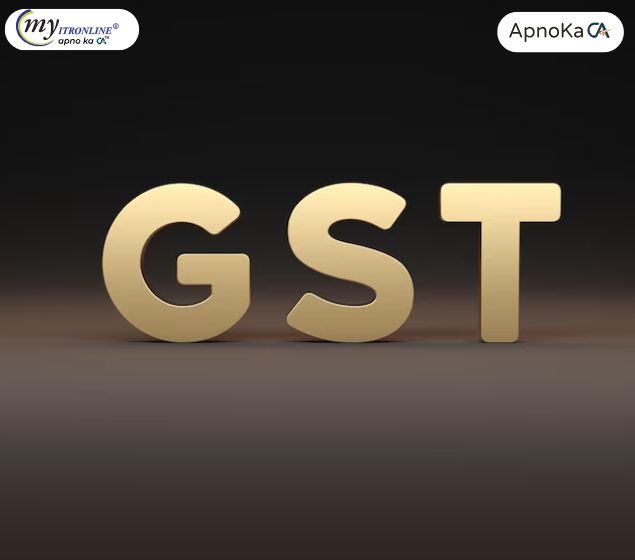# einvoicing
8 posts in `einvoicing` tag

Important Update: IRN Generation to Become Case-Insensitive from June 1, 2025
The GSTN requires that starting June 1, 2025, IRN generation for invoices be case-insensitive, which will involve converting all invoice numbers to uppercase to avoid duplication. Companies need to adjust their systems accordingly to ensure easier compliance with this new requirement.
.jpg)
GST Compliance Checklist: 9 Key Tasks to Finish Before March 31, 2025
This blog lists the nine essential GST compliances that companies need to finish by March 31, 2025, in order to stay out of trouble and maintain seamless operations. Learn how to stay in compliance and keep correct financial records, from LUT reporting and GSTR-9 filing to e-invoicing and ITC reversal.
.jpg)
GST Notifications & Key Changes: What You Need to Know (28th Jan - 3rd Feb 2025)
This blog offers a thorough examination of the most recent GST announcements and modifications from January 28 to February 3, 2025. The hard locking of the automatically generated tax obligation in GSTR-3B, improved automation in submitting GST returns, clarifications of ITC eligibility, extensions of the GST return deadline for some industries, and improvements to the GSTN site are some of the major developments. The goals of these improvements are to increase taxpayer satisfaction, decrease mistakes, and improve compliance.
.jpg)
Union Budget 2025: New GST Rules, ITC Changes & MSME Benefits
Significant GST reforms were implemented in the Union Budget 2025, with an emphasis on increasing transparency, reducing the tax burden on small enterprises, and boosting compliance. Stricter ITC claim regulations, e-invoicing requirements for companies with ₹5 crore in revenue, updated GST rates, and higher GST registration limits for MSMEs are some of the major changes. Although companies must adjust to more stringent laws, these changes seek to simplify compliance, increase economic growth, and streamline procedures.
.jpg)
GST Updates: Key Changes and Announcements for the Week of 14th–20th January 2025
Significant changes were made to the GST this week (January 14–20, 2025) for both taxpayers and companies. Highlights include clarifications on e-invoicing thresholds, rate modifications for EV batteries and BPO services, GST Council meeting outcomes, and extensions for GSTR-3B reporting deadlines. To assist stakeholders in successfully navigating these changes, the blog discusses notices, compliance tactics, industry responses, and impending deadlines.
.png)
Latest GST Updates in India: What You Need to Know
This blog post provides a comprehensive overview of the latest GST updates in India, including changes to e-invoicing, GST rates, ITC, annual return filing deadlines, and more.

The 54th GST Council Meeting's Principal Results: Modifications and Explanations of the GST Tax Rates
The Indian GST structure saw substantial modifications as a consequence of the 54th GST Council Meeting, which was presided over by Union Finance Minister Nirmala Sitharaman on September 9, 2024. Important results included lower GST rates for medications used in cancer treatment, lower rates for certain foods, and a new GST rate for helicopter services. The introduction of e-invoicing for B2C transactions and the need for clarifications regarding input tax credit were also discussed at the discussion. The Council underlined the need of stakeholder engagement to guarantee that future changes are advantageous and sustainable for the economy, even though several decisions were postponed for more study.

The Future of E-Invoicing: Benefits and Challenges in India
This synopsis delves into the upcoming landscape of electronic invoicing (e-invoicing) in India. It examines the potential advantages and obstacles associated with the widespread adoption of e-invoicing in the country. Through an analysis of the current scenario and future projections, it aims to shed light on the transformative impact of e-invoicing on businesses and the economy. Key topics covered include the efficiency gains, cost savings, compliance advantages, and technological advancements facilitated by e-invoicing. Additionally, it addresses challenges such as implementation complexities, technological readiness, and data security concerns. Overall, this synopsis provides valuable insights into the promising prospects and critical considerations shaping the future trajectory of e-invoicing in India.
